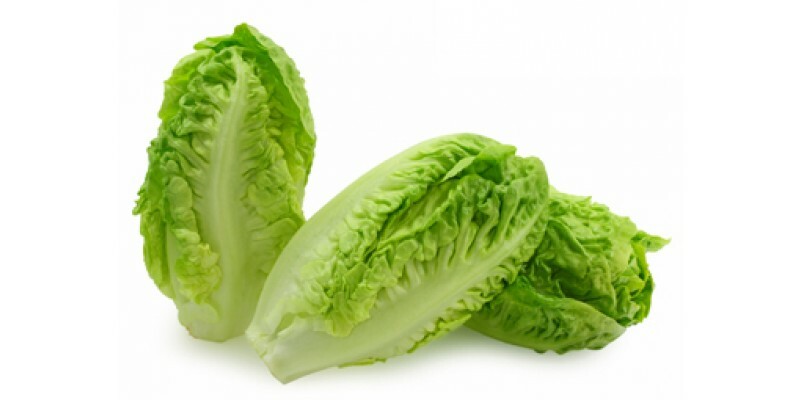Effect of soy on the human body: official research data
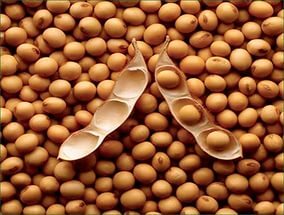
Soy is a product that definitely causes the most controversial discussions among scientists around the world.Many of them argue that soy is very useful for the human body.So, in 1999, the US Food and Drug Administration FDA allowed manufacturers to label soy products as food useful for the health of the cardiovascular system.In addition, a study was conducted to confirm that soybeans contain substances that can fight cancer cells.
However, this is only one "side of the coin": opponents of soy products also lead very serious arguments, referring to the results of studies conducted by scientists with world names.
We will present the results of the most well-known randomized and controlled studies on soy products, so that you are convinced: consumes fermented soy beans in the absence of contraindications and in moderate amounts - not dangerous to health.However, as with any other food, a measure and a sensible approach are important here.
Table of contents: What is soybean and how it is used Soybean effect on the human body Soybean controversy Soy and thyroid glands Soy isoflavones and female health Soy and baby nutrition ConclusionWhat is soy and how it is used
Homeland of soybeanBeans - East Asia, but today soybeans are actively grown all over the world, and one of the largest soybean producers is the USA.
Soy is used for cooking a wide variety of foods.Here it should be noted that soybeans need to be cooked, becauseIn their raw form they are poisonous.
Soy is a component of tofu, soy milk, as well as a variety of milk and meat substitutes.It is also used in fermented products( miso, natto, tempe), which are very popular in Asian countries.
 More than 90% of soybean produced in the US is genetically modified.Almost the entire crop is treated with the herbicide Roundup, which is known for its adverse effects on human health.This is evidenced by data from randomized controlled trials.
More than 90% of soybean produced in the US is genetically modified.Almost the entire crop is treated with the herbicide Roundup, which is known for its adverse effects on human health.This is evidenced by data from randomized controlled trials.
A huge portion of the soybean crop is used to produce soybean oil.Soybean cake left after this process contains about 50% protein and is mainly used as feed for cattle and small animals.Part of the oilcake goes to the production of soy protein.
Thus, we see that in the west( unlike Asian countries) soybeans are used in processed form, whole soybeans are practically not used for food.
Influence of soybean on the human body
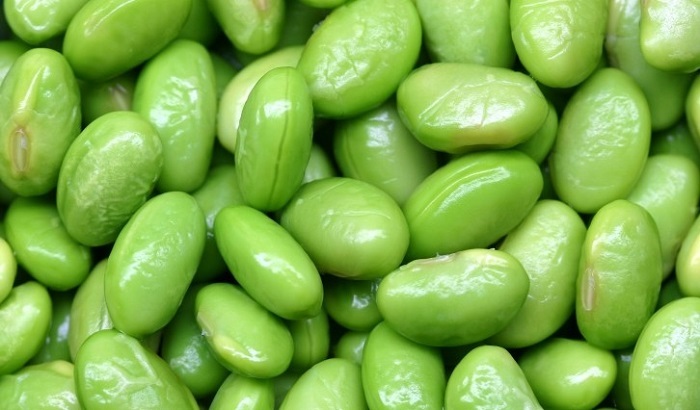 Whole soy beans contain a huge amount of nutrients.
Whole soy beans contain a huge amount of nutrients.
100 grams of mature, boiled, whole soybeans contain large amounts of manganese, selenium, copper, potassium, phosphorus, magnesium, iron, calcium, vitamin B6, folic acid, riboflavin( B2), thiamine( B1) and vitamin K.
This same portion of soybeans also contains 173 calories, 9 grams of fat, 10 g of carbohydrates( 6 of which are fibers) and 17 grams of protein.
Less significant amounts of soy products should be eaten with salt, because in soybeans the phytates content is very high( substances that bind minerals and reduce their absorption).
Note: soybeans are a pretty good source of protein.They are not as rich in protein as meat or eggs, but better than most other vegetable proteins.Nevertheless, when processing soya at high temperature, some proteins can denature and this significantly reduces their quality.
Fatty acids in soybeans are basically omega-6 polyunsaturated fats.This is not the best news, because the data from randomized studies suggest that too much omega-6 in the diet can lead to inflammation and all sorts of health problems.For this reason, it is very important to avoid eating soybean oil( and other vegetable oils with a high content of omega-6) and processed foods that contain it.
It should be borne in mind that the nutritional composition of soybeans essentially depends on the type of food.Whole soybeans are very nutritious, while refined soya derived products, such as soy protein and soybean oil, are not nutritious at all.
Soy Contest
Soya is a product so "contradictory" that it is only necessary to mention its beneficial properties and its harm to health.
Quite a large number of studies show that soybean has an extremely beneficial effect on cholesterol( reduces it).But you need to keep in mind that lowering cholesterol in the blood with the use of soy products, is not yet a guarantee of reducing the risk of cardiovascular disease.
Observational studies on this subject show rather contradictory results.The results of some tell us that progress in reducing the risk of heart disease is, others - that there is no such progress at all.
Another( and rather important) fact: soy contains a large number of biologically active compounds called isoflavones that function as phytoestrogens - plant compounds that, according to studies, can activate estrogen receptors in the human body.
 Frequent consumption of soy can lead to a decrease in estrogen activity due to isoflavones blocking the normal activity of an already existing, more potent estrogen, or may lead to an increase in estrogen activity due to isoflavones activating the receptors.These findings were made after obtaining the corresponding results of randomized, controlled trials.
Frequent consumption of soy can lead to a decrease in estrogen activity due to isoflavones blocking the normal activity of an already existing, more potent estrogen, or may lead to an increase in estrogen activity due to isoflavones activating the receptors.These findings were made after obtaining the corresponding results of randomized, controlled trials.
Based on the above, a logical question arises: how, in this case, the use of soybean affects the male body?
Observations of laboratory rats have shown that an increase in soy in the mother's diet leads to negative consequences in the development of male fetuses.
However, people are not rats.In the case of observational studies conducted among men, the results are again contradictory.
So, one study conducted in a clinic of infertility, showed that those men whose diet included soy, have a reduced number of spermatozoa.
Another study shows that 40 milligrams of soy isoflavones consumed by men for 4 months had no negative effect and did not affect sperm quality.
As both of these sources do not cause mistrust, one must think: maybe it's not about soybeans?
Soy and thyroid gland
 Soy isoflavones also function as goitrogens( substances that can interfere with the normal functioning of the thyroid gland).They can suppress the function of the enzyme peroxidase, which is necessary for the production of thyroid hormones.
Soy isoflavones also function as goitrogens( substances that can interfere with the normal functioning of the thyroid gland).They can suppress the function of the enzyme peroxidase, which is necessary for the production of thyroid hormones.
A study conducted among 37 adult Japanese showed that eating 30 grams of soybeans for 3 months led to an increase in thyroid-stimulating hormone( TSH), a marker of thyroid dysfunction.
Many subjects experienced symptoms of hypothyroidism, including general malaise, constipation, drowsiness, and an enlargement of the thyroid.These symptoms went away after they stopped consuming soybeans.
However, Western scientists believe that soybean has no effect or only a very mild effect on the function of the thyroid gland in the human body, since there are other studies supporting this opinion.
Important: in any case, people with abnormalities of the normal functioning of the thyroid gland, is not recommended to get involved in the use of soy products.
Soy isoflavones and female health
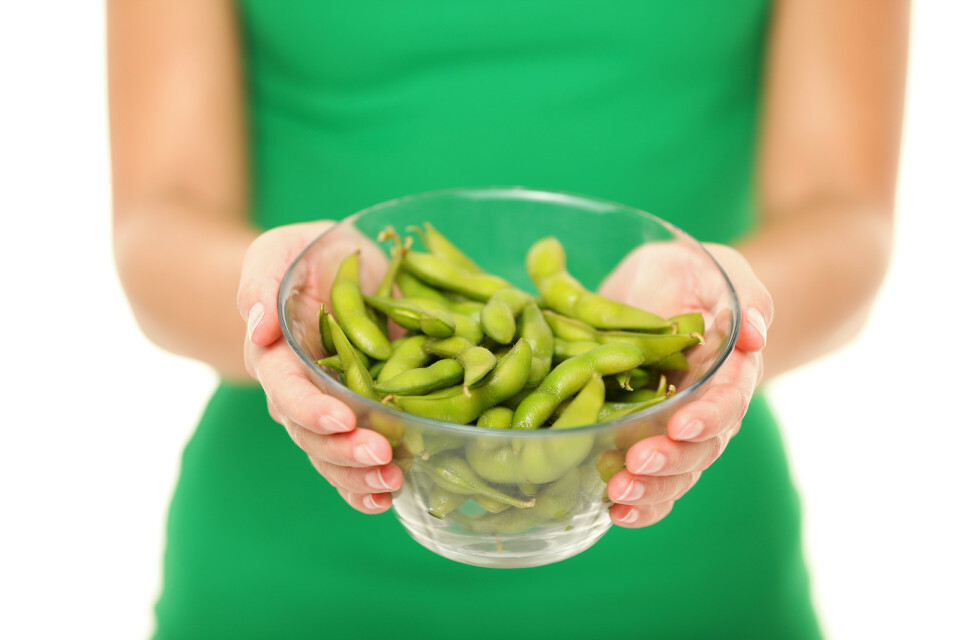 Because of estrogenic activity, isoflavones are often used as a natural alternative to estrogen drugs to relieve menopausal symptoms.In fact, isoflavones can reduce the symptoms of menopause, as well as reduce the risk of bone loss in older women, much like estrogen-replacement therapy.
Because of estrogenic activity, isoflavones are often used as a natural alternative to estrogen drugs to relieve menopausal symptoms.In fact, isoflavones can reduce the symptoms of menopause, as well as reduce the risk of bone loss in older women, much like estrogen-replacement therapy.
This is good news.But, as we already know, every dignity of soybeans has a downside - a disadvantage.In this case, this is the fact that many scientists believe that soy products increase the risk of breast cancer.
In one study, 48 women were divided into two groups.One group fed on their usual scheme, others added to the usual scheme of 60 g of soy protein.
After only 14 days, the group that consumed soy protein had a significant increase in the number of epithelial cells in the chest( these are the same cells that can eventually turn into malignant cells).
Indicators are rather unpleasant, but in this case it is important to understand that it is only about observational studies.Any result of observational studies, not confirmed by clinical studies, should be treated with great caution, becauseObservational studies can not be 100% reliable.
Clinical studies show that soy isoflavones do not have any significant negative impact on the development of cancer cells.And even vice versa.A study in Harbin on the effect of soy isoflavones on recurrence of breast cancer and mortality in patients receiving adjuvant hormone therapy showed that the use of soy isoflavones in significant amounts reduces the risk of cancer recurrence in this category of patients.
Soy and baby food
Scientists around the world agree that using soy in baby food is a very bad idea.
In one study, it became clear that newborn girls who ate a high-soy formula had a significantly larger breast tissue by the age of two than those who were breast milk or cow-milk products.
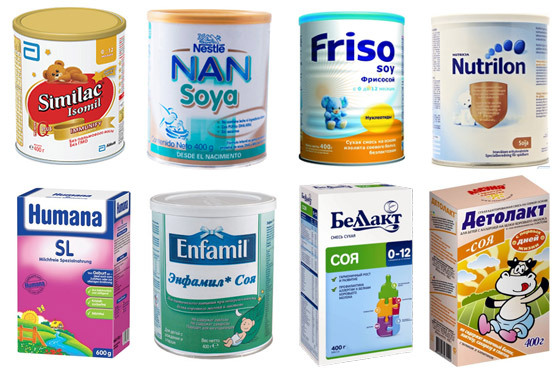
Another study showed that girls who were fed high soy foods had a much greater chance of passing through puberty at an earlier age.
There is also scientific evidence that the use of soy in infancy can lead to lengthening of the menstrual cycle and increased pain during menstruation in adulthood.
There is no doubt that breast milk is by far the best nutrition for babies.For women who can not breastfeed, cow's milk formula is a much better option than a soy formula, which should be used only as a last resort.
Conclusion
It is for certain that many Asian peoples consumed soy without apparent problems.
In fact, these populations tend to have much better health than the western population, although they have also started to suffer from "Western" diseases, now that the Western diet has invaded their country.
 The fact is that Asian population groups usually consume fermented soy products, such as natto, miso and tempe.
The fact is that Asian population groups usually consume fermented soy products, such as natto, miso and tempe.
Fermented soybean destroys phytic acid, although it is not spared from isoflavones.
Natto( traditional Japanese food made from fermented soybeans) can be especially useful because it contains a significant amount of vitamin K2, which is important for the cardiovascular system and bone health.
The question of the use of soy products is first and foremost a question of dosages.Phytoestrogens, used in small amounts, do not cause much harm.
If you are going to consume soy, choose fermented soy products and use them in small quantities.With regard to infants, pregnant and lactating women and people with diagnosed thyroid problems - for them the use of soy and its derivatives is highly undesirable.
Marina Zimina, medical reviewer



